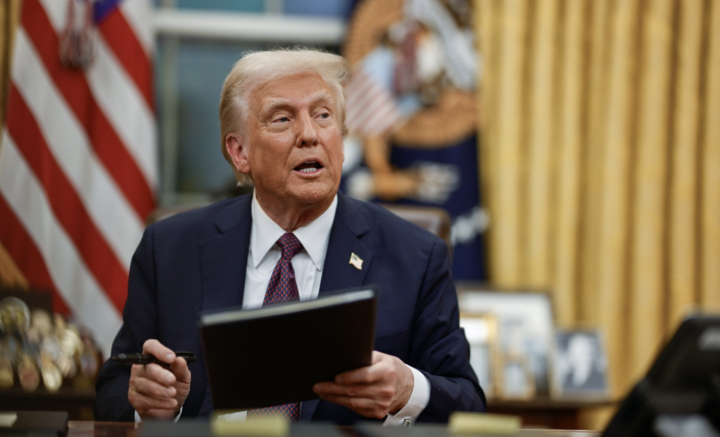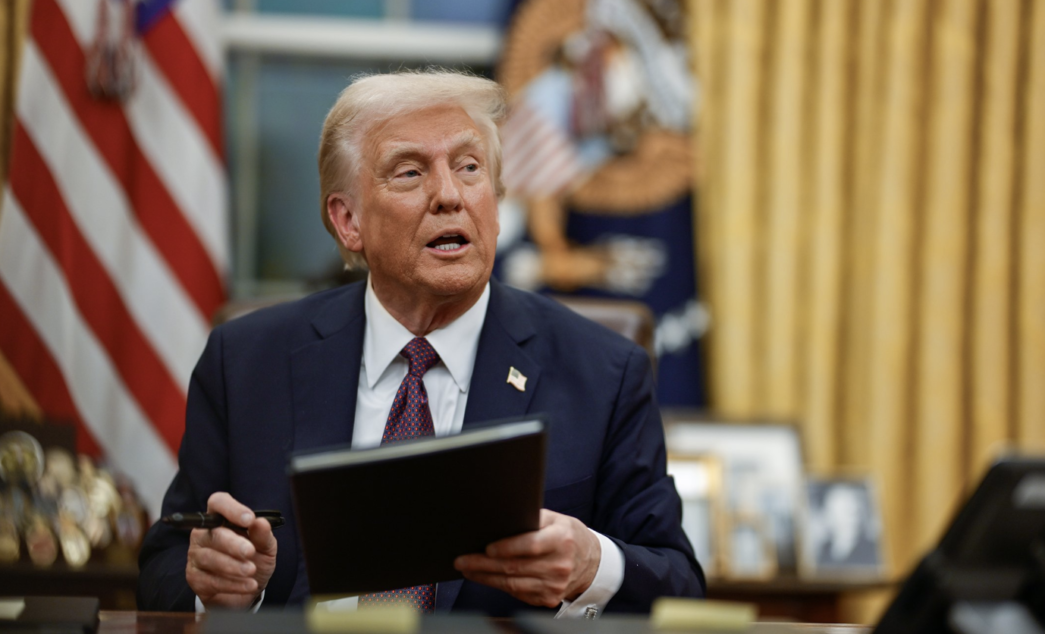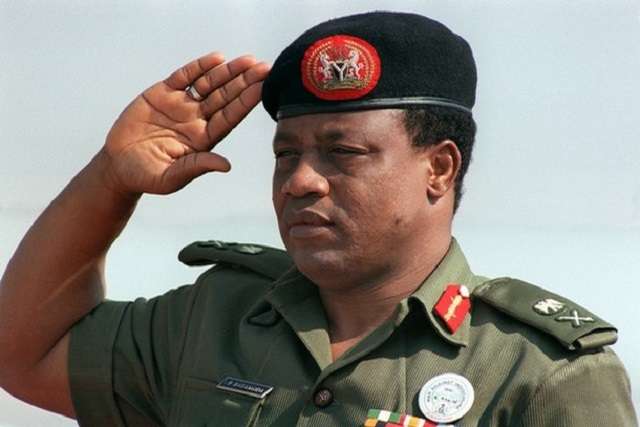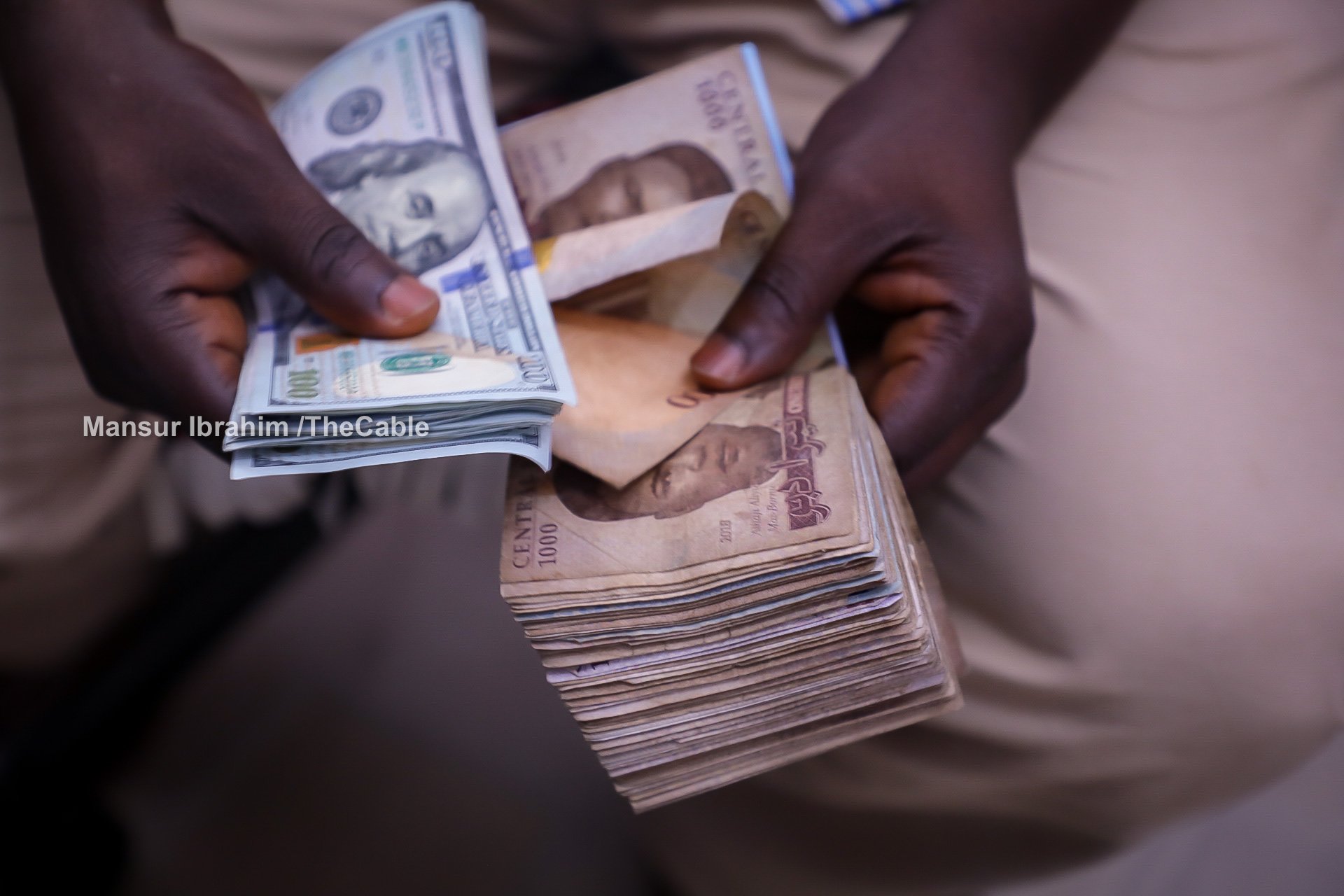Donald Trump
Towards the conclusion of the Second World War in 1945, the United States of America could not wait enough to launch itself on the world. Indeed a few years earlier on December 7, 1941 America had declared war against Japan and the axis powers led by Nazi Germany, officially marking the end of its self-imposed isolation from global affairs.
Back in 1918 after the First World War, America had a gilt edged opportunity to participate directly in shaping the post-war world as it was the only power that stayed out of the war directly. Although America played an important part in assisting Britain and France to defeat Imperial Germany in that war and could legitimately claim to partake in sharing the spoils, the American Congress nevertheless voted to decline involvement. American involvement was restricted to helping to establish the League of Nations (the precursor of present day United Nations) and providing humanitarian assistance to both the victors and vanquished.
American involvement in the Second World War was courtesy of the Japanese attack on Pearl Harbour in the Pacific Island American state of Hawaii. Thus with the American entry into the Second World War, it was the expectation that unlike in the previous war, America was going to participate fully in the post war reconstruction of the world.
Two broad reasons accounted for this change of posture.
Advertisement
One there was the threat Soviet Communist expansion in Europe and the world which alarmed America and its allies. Although both the Soviets and the Americans had fought on the same side in the war, it was more an alliance of convenience against an adversary which both had considered more dangerous to their mutual existence. But between the Americans and the Soviets even as allies, there were deep-seated ideological differences that, as predicted by analysts, were bound to manifest prominently in the post war situation.
The second reason why America had to break with its isolationist policy was mainly economic. The American economy which had endured a debilitating depression beginning from 1929 and through the 1930s had recovered by the tail end of the decade in time to take advantage of the out-break of the Second World War in 1939. Between 1939 and 1941 when America eventually threw in its weight behind the allies, the country had profited immensely from meeting the massive demands for war materiel from the allies. It was also an opportunity for America to ramp up its military production and capabilities across all the services which greatly aided America’s ability to prosecute the war decisively.
What also provided the impetus for America’s post war global involvement on the economic sphere was the fact that the British and French colonial empires which between them constituted over half of global trade and commerce had diminished drastically owing to massive expenditure and huge debts incurred by the two countries in prosecuting the war. Between 70 to 80 per cent of those debts were owed to America which placed it in a vantage position to determine how the post war world would look like. These were the underlying currents that determined the Pax Americana which formed the template for American global dominance from 1945 till the coming of President Trump.
Advertisement
What are the elements of Pax Americana?
From the American perspective it was to secure the world for liberal democracy under American leadership and by so doing to stem the tide of communist expansion in the world. This was the Truman Doctrine, so named after President Harry Truman who saw out the war following his ascension to American presidency after the passing on his principal President Franklin Delano Roosevelt.
In this regard, America led in the formation of the United Nations with its structure, organs and institutions like the Security Council, the General Assembly as well as UNESCO, WHO, FAO etc.
To strengthen US strategic hands there was the establishment of the North Atlantic Treaty Organization (NATO) which expanded the number of countries and the operational scope of the organization. The Central Intelligence Agency (CIA) was established in 1947 as a reconstitution of the war time Office of Strategic Services led by General William ‘’Wild Bill’’ Donovan. The CIA was established to enforce strategic American global foreign policy objectives.
Probably the most prominent institutions of Pax Americana were the two Bretton Woods institutions, the International Bank for Reconstruction known also as the World Bank and its counterpart the International Monetary Fund (IMF). The two institutions played a great part in the implementation of European Recovery Programme (ERP), more popularly known as the ‘’Marshall Plan’’ named after American General George Marshall who led the programme.
The template for the implementation of the ERP is what the IMF and World Bank has been deploying to expand the scope of America’s global economic dominance since 1945.
Advertisement
But today 80 years after with the ascension of President Donald Trump the entire template of Pax America seems about to undergo a major paradigm shift. It did not seem so when the Soviet order which had been America’s strategic nemesis for most of the post war years collapsed in the 1990’s leading to experts like Henry Kissinger, Francis Fukuyama, George F. Will, Zbigniew Brzezinski etc postulating triumphantly about the end of human ideological struggles in favour of
America leading to its dominating the world in the foreseeable future.
What then are the factors that indicate President Trump is about to change the complexion of Pax America which had existed uninterruptedly for 80 years now?
The number one factor is the exponential rise of China as America’s global competitor. This has been a matter of serious concern to American global policy planners due to its potential to cause systemic shifts in the global strategic architecture. America did not demonstrate such resentment and alarm at the rise of Japan its bitter wartime foe. Neither did it show the same feelings about the rise of Germany, because all are within its orbit of dominance and control.
But China being outside its geo-strategic sphere is regarded as a dangerous adversary and it is not a comforting development to Americans that China seems to be expanding its global influence at the expense of America. America sees China everywhere; as a major force in BRICS and the de-Dollarisation, in Taiwan and Asia, in Africa etc. And pointedly it does not help America’s current truculent mood that China is making great inroads right there in the Western Hemisphere where America has held sway for centuries. And when we crunch the numbers and realise that America is running deficits just about everywhere it is not likely that an ultra-right wing president like Trump will be in a forgiving mood with allies and adversaries alike whom it holds responsible for American decline.
Advertisement
Experts are predicting that this will lead America to abandon the qualified benevolence it had hitherto offered to the world and instead behave like a pistol packing cowboy bursting into a salon in the American west and shooting straight at anyone therein. They predict further that America’s posture to the world under Trump would relapse to an admixture of the Monroe Doctrine of the 1820s targeted at China, and what is termed Amerexit against the world at large. Already we have seen indications of this in the intention to retake the Panama Canal which Trump says is the main entry of Chinese commerce into the Americas, the threat to NATO allies to increase their contributions or risk American scale back and the withdrawal of membership and financial support to UN agencies. This has a parallel to Brexit in Britain.
For Nigeria, our position as a partner to BRICS and not a full member insulates us to some extent from the possible headwinds of a loose cannon America taking aim at the organization as promised by Trump. The appointment of Professor Bolaji Akinyemi, our ‘’Henry Kissinger’’ as Chairman of the Board of the Nigeria Institute of International Affairs, is therefore a very welcome development in this regard. He was indeed the initiator the ‘’Congress of Medium Powers’’ years ago which is a similar template used for the establishment of BRICS. His presence and invaluable experience in the foreign policy architecture in these trying times will greatly help in navigating Nigeria through what is likely to be uncertain times for the world under President Trump.
Advertisement
Gadu can be reached via [email protected] and 08035355706 (Texts only)
Advertisement
Views expressed by contributors are strictly personal and not of TheCable.
Add a comment









